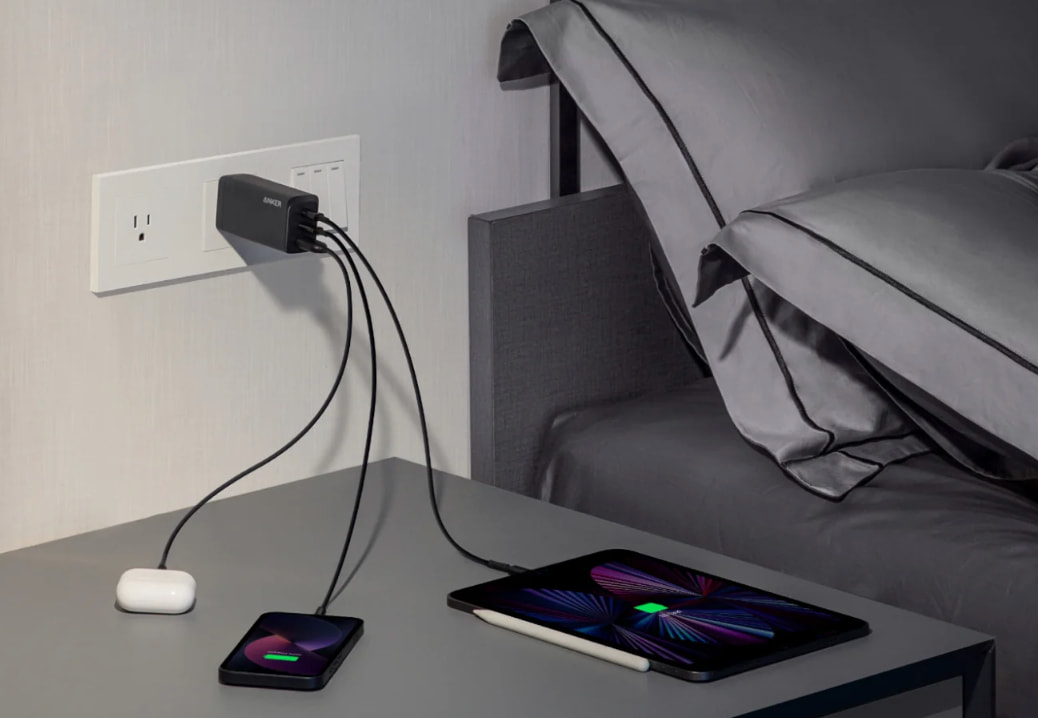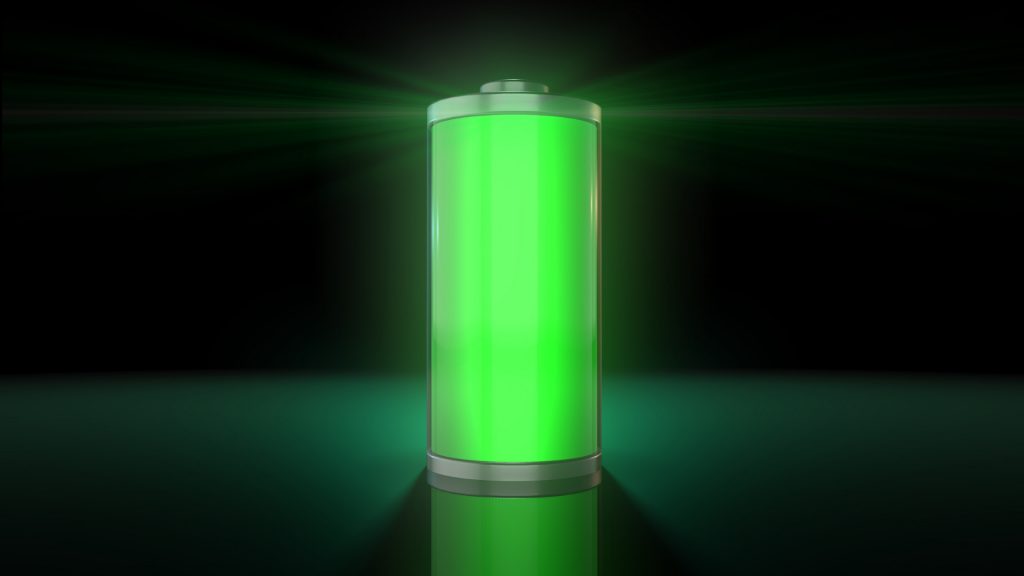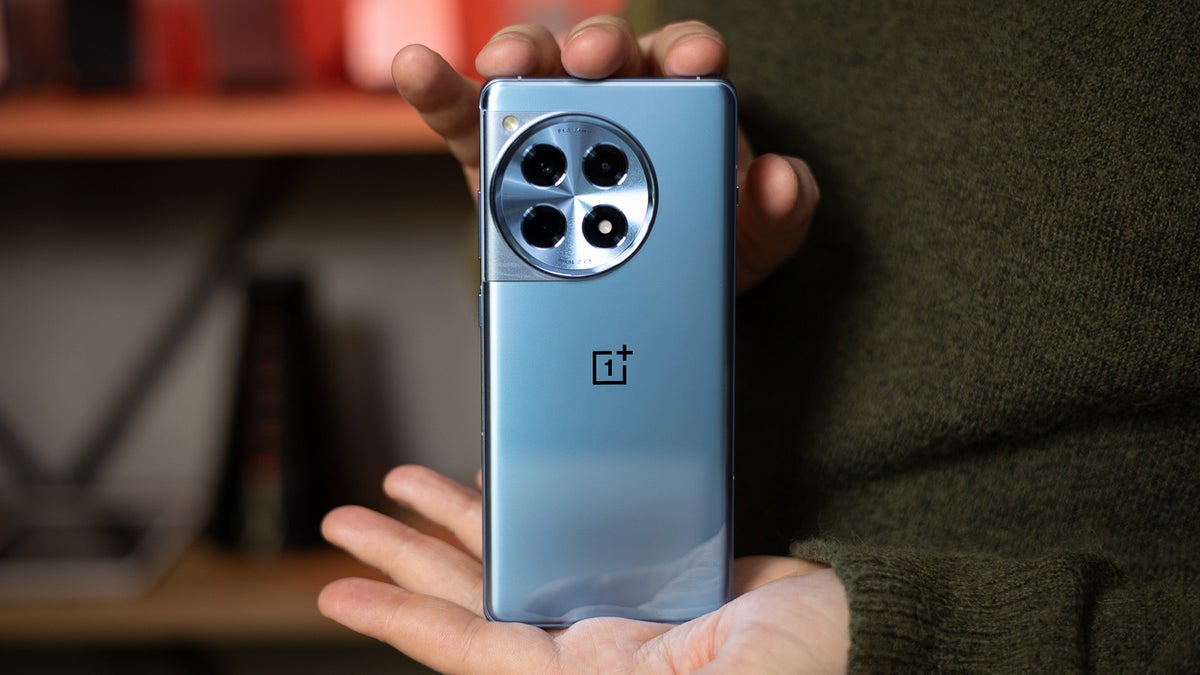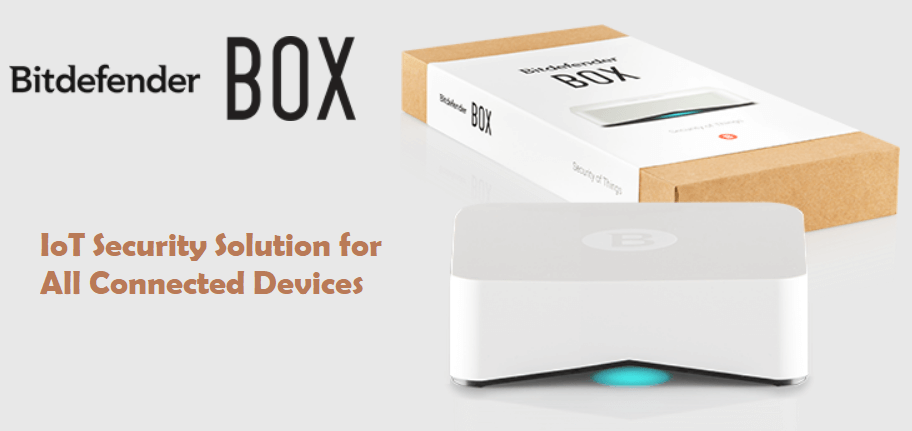We recognize chlorine in water by its foul smell & odor. Sometimes, chlorine’s effects are so intense that we can’t drink that water. But, it’s not just smell & odor, chlorine is actually harmful if it’s available in too high quantity in water. It can cause irritation, wheezing, difficulty breathing, vomiting, and, in some cases, even more severe symptoms.
Here’s if Refrigerator Filters Can Remove Chlorine –
Yes, refrigerator water filters can remove chlorine. Removing chlorine and dechlorinate water is one of the refrigerator filter’s primary functions. It can remove chlorine from your tap water on the go using its carbon filter without going through any complicated process. A refrigerator water filter can remove almost 93% of chlorine, pesticides, and many other harmful chemicals.
Below, we’ve talked about why water is treated with chlorine if your refrigerator water filter can remove chlorine, which refrigerator filter removes the most chlorine, and much more. So, read this article till the end because to know how to protect yourself & your family from deliberately done chlorine contaminations in water.

Can All Refrigerator Water Filters Remove Chlorine?
A refrigerator filter uses a simple carbon filter that treats the refrigerator’s water to drink. Refrigerator filters are typically NSF 42 certified, which means they can only remove Chlorine and improve the smell and taste.
So yes, answering your question, all refrigerator water filters remove Chlorine.
Because Chlorine is used by municipalities to treat drinking water, removing it is an essential function. Many households in our area, however, are concerned about contaminants other than Chlorine.
Why water has Chlorine?
But coming to the question of why do the authorities treat water with Chlorine
Chlorine kills germs that cause disease and makes water safe to drink. Thousands of Americans were once killed each year by waterborne diseases. Chlorination of drinking water was first used in New Jersey in 1908 to eliminate illnesses like cholera and typhoid fever.
Chlorination of drinking water was a significant factor in raising Americans’ life expectancy by 50 percent during the twentieth century. The small amount of Chlorine used to disinfect drinking water following EPA regulations is safe to consume.
According to Environmental Protection Agency, USA, allowable chlorine levels in drinking water (up to 4 parts per million) pose “no known or expected health risk.” They also help in providing “pathogen control under a variety of conditions.”
For your better understanding, here are the uses, benefits, and problems of Chlorine in water –
Uses of Chlorine in drinking water:
Chlorine, in addition to killing harmful germs such as bacteria, viruses, and parasites, aids in reducing unpleasant tastes and odors in water. Chlorine also aids in the elimination of slime bacteria, molds, and algae that thrive in water supply reservoirs, main water walls, and storage tanks.
The US Environmental Protection Agency mandates that treated tap water contain a detectable level of Chlorine to help protect consumers from germs to their taps.
Risks of Chlorine in drinking water:
Though Chlorine is non-toxic to humans at concentrations found in drinking water, it is actually a dangerous chemical, intaking which in high concentration can have moderate to severe health risks.
Many cities add Chlorine to their drinking water to help kill harmful organisms like viruses and bacteria that could make us sick if we ingest them directly. But there can be harmful effects too:
- Exposure to Chlorine is every day in swimming pools. The fact is it is also associated with increased exercise-induced asthma symptoms in many swimmers. The swimmers absorb Chlorine through their skin pores and breathe in chlorinated steam while bathing or shower in this water. If you already have respiratory problems, inhaling Chlorine can make them worse.
- Food allergies: Dichlorophenols are used in water chlorination and pesticides. People with the highest levels of dichlorophenols in their bodies were more likely to have the most food allergies.
- Congenital abnormalities: Pregnant women exposed to tri halo methane in chlorinated water are more likely to have children with ventricular septal defects, cleft palates, and lack of brain development.
Foul taste and odor:
Chlorine can leave an unpleasant taste or odor in your drinking water, even if the levels are safe. You’ll be less likely to drink your water if it tastes or smells awful, and drinking too little water can lead to dehydration.
How does Refrigerator Water Filter Remove Chlorine?
Refrigerator water filters remove Chlorine from drinking water by the method of activated carbon technology.
It works in three steps to filter contaminants & remove chlorine:
- The vast interior surface area physically traps silt and pollutants.
- Activated carbon functions as a magnet for substances like lead and volatile chemical compounds as water runs through it.
- Finally, when chemicals such as Chlorine come into contact with the filter, chemical reactions within the filter decrease them.
Which Water Filter Removes the Most Chlorine?
Whether you have Samsung, Frigidaire, Whirlpool, GE, or refrigerator from any other brand, there are special water filters available for them that provide superb quality chlorine filtration. We’ve listed them below with their purchase link for Amazon o that you can conveniently buy them and have them delivered fast in your home enjoying their free shipping service –
- Samsung HAF-CIN/EXP Refrigerator Water Filter
- EveryDrop by Whirlpool Water Filter
- GE RPWFE Refrigerator Water Filter
Can Refrigerator Water Filter Remove Chloramines?
To get a better understanding, let us first understand what chloramine is.
What is Chloramine
Chloramine is ammonia added to the drinking water containing already containing Chlorine. It is a chlorine-ammonia compound. Chloramine dissolves quickly when mixed with water and can be used to purify city water instead of Chlorine.
It is used by more than 22% of municipal water treatment facilities in the United States.
But because of the increased risk from Chlorine, a growing number of public water providers are switching to chloramine. This is now used as a disinfectant alternative.
The efficiency of refrigerator water filters in removing chloramines.
Answering the focus question, does refrigerator water filter removes chloramines? Well, Conventional water treatment systems are incapable of eliminating chloramine. All sink connection appliances, refrigerator filters, and pitcher filters fall into this category. They are ineffective at filtering chloramines. Chloramine requires a lot of filtration media.

Health concerns around chloramine
A modest quantity of Chlorine and chloramine in your water, according to studies, will not pose a substantial risk. However, this does not imply that we should drink tap water straight from the tap.
We should try to reduce the quantities of Chlorine and chloramine in our drinking water.
Chloramine has been linked to several health problems, including gastrointestinal irritation and skin problems. Skin inflammation, dermatitis, and psoriasis are other health issues. Individuals who shower and bathe with filtered water may exhibit one or more of these symptoms.
What are the other benefits of refrigerator water filters
Essential minerals including magnesium, fluoride, calcium, and zinc are kept by refrigerator filters. They keep you safe from contaminants and guarantee that you get enough nutrients. Limescale is also prevented by using a water filter.
Refrigerator water with activated charcoal removes the following:
- Chlorine
- Radon
- volatile organic compounds
- benzene
- unpleasant tastes and odors.
Built-in refrigerator filters perform an excellent job of eliminating these hazards within the confines of their tiny size, though less effectively than more effective systems. But these built-in ones are not effective against all substances.
These heavy filters are more effective.
Conclusion
So, going through all this information, we can safely tell that refrigerator water filters are effective in filtering out most of the chlorine in the water to bring its fresh taste back and make it odorless. However, it’s essential to check whether your refrigerator water filter is in good condition or not.
If you’re buying a refrigerator then do consider the one with a water dispenser as it contains a water filter that removes chlorine, pesticides, and many harmful contaminations or, if you already have such a fridge then pick one of the best water filters that we’ve recommended above to remove most of the chlorine contaminations and filter other harmful pollutants from your water.








